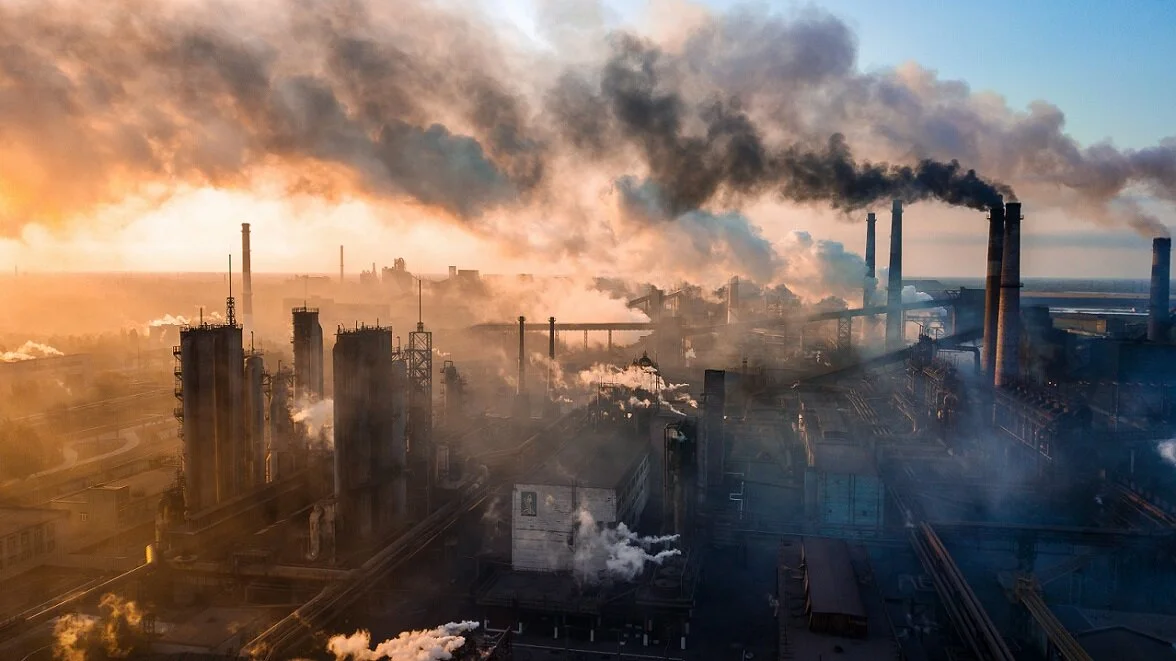Researchers at the US National Center for Atmospheric Research concluded that temperatures rose as a side effect of worldwide lockdowns due to the pandemic. This effect persisted for several months in 2020
Image Credit: KeyFame via Shutterstock / HDR tune by Universal-Sci
Small particles and aerosols (a mixture of fine solid particles or liquid droplets in the air, like fog or mist) in our atmosphere tend to block a portion of the sunlight that reaches our planet. Due to the fact that factories were shut down and social activity was at an all-time low (reducing car usage), we had a lot less of it in the air last spring.
According to Andrew Gettelman, lead author of the study published in Geophysical Research Letters, he and his colleagues noticed a large decrease in emissions from industries that generally produce the most air pollution/aerosols, resulting in almost instant short-term effects on global temperatures.
Temperatures on land were approximately one-tenth to three-tenths of a degree Celsius warmer than anticipated. The effect was most noticeable in areas usually associated with significant aerosol emissions, such as Russia and large parts of the United States. On average, temperatures increased by 0.38 degrees Celsius in these regions.
Image Credit: TR STOK via Shutterstock / HDR tune by Universal-Sci
The research confirms how complicated the effects of emissions can be in the real world. Aerosols have a cooling effect on our planet due to their reflecting properties, while co2 emissions tend to warm up our climate with their insulating properties. Sadly we can't just pump out more aerosols to cool our climate as Gettleman emphasized that aerosols have significantly adverse effects on our health.
It is imperative to note that the warming effects of the lockdown as described are only of a temporary nature. The scientists stressed that, in the long run, the pandemic will have a decelerating effect on global warming. It is just that the effects of reduced carbon dioxide emissions lag behind the immediate effects of reduced aerosol emissions. CO2 tends to stay in our atmosphere for tens of years while aerosols fade away more quickly.
The global pandemic created a unique opportunity to study the effects of aerosol emissions on our climate. Scientists can use data collected during this period to make more accurate climate models. Hopefully, these new models, in combination with the other things we learned, will better equip us to fight climate change in the long run.
Further reading:
If you enjoy our selection of content consider subscribing to our newsletter (Universal-Sci Weekly)
FEATURED ARTICLES:











